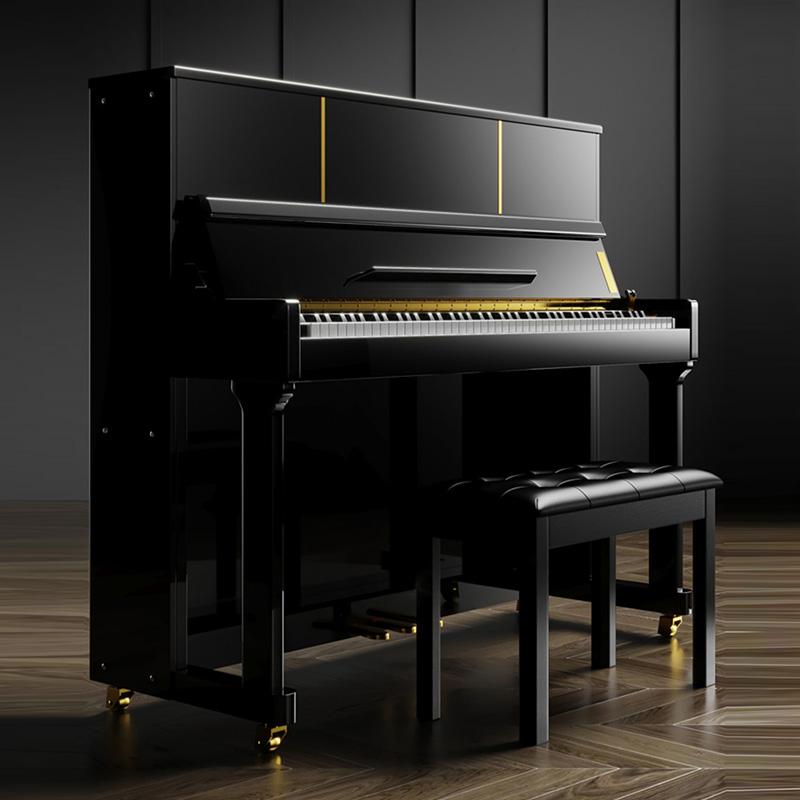Introduction
In recent years, digital pianos have gained significant popularity among music enthusiasts, professionals, and beginners alike. These instruments offer a wide range of features and benefits that make them a versatile choice for musicians of all levels. In this article, we will explore the various applications and uses of digital pianos and highlight their advantages over traditional acoustic pianos.
- Learning and Practice
Digital pianos are an excellent tool for beginners and aspiring pianists. They offer a variety of features that facilitate learning and practice. Many digital pianos come with built-in metronomes, recording functions, and learning modes that allow beginners to develop their skills at their own pace. They also offer headphone connectivity, enabling users to practice without disturbing others. Additionally, some models have educational features and pre-loaded lessons that guide learners through different techniques and songs.
- Performance and Recording
Digital pianos are widely used for live performances and studio recordings. They provide a range of instrumental sounds, including various piano tones, electric pianos, organs, strings, and more. This versatility allows musicians to experiment with different sounds and genres without the need for additional instruments. Digital pianos also offer features like MIDI connectivity, USB ports, and audio outputs, making them compatible with computers, DAWs (Digital Audio Workstations), and other audio equipment. This allows musicians to record and produce high-quality music easily.
- Portability and Space Efficiency
One of the most significant advantages of digital pianos is their portability and space efficiency. Unlike traditional acoustic pianos, which are heavy and bulky, digital pianos are lightweight and compact. They can be easily transported to different venues for performances or stored in small living spaces. This makes them an ideal choice for musicians who are frequently on the move or have limited space at home.
- Practice and Performance Features
Digital pianos offer a range of features designed to enhance practice sessions and performances. They often include built-in accompaniment styles, such as drum beats and bass lines, allowing users to play along with a full band sound. Some models also offer connectivity to mobile apps and online platforms, opening up access to a vast library of sheet music, tutorials, and interactive lessons. These features greatly enhance the learning experience and provide musicians with endless possibilities for creativity.
- Maintenance and Durability
Unlike acoustic pianos, digital pianos require minimal maintenance. They do not need tuning, which can be a costly and time-consuming process for acoustic instruments. Digital pianos are also not affected by changes in humidity or temperature, ensuring consistent performance. Additionally, they are built to last and can withstand the rigors of regular use, making them a reliable and long-lasting investment.
Conclusion
Digital pianos have revolutionized the world of music by offering versatility, convenience, and advanced features. Whether you’re a beginner learning to play, a professional performer, or a music producer, digital pianos provide a wide range of applications and benefits. From learning and practice to live performances and studio recordings, digital pianos are a valuable tool for musicians of all levels. With their portability, space efficiency, and low maintenance requirements, digital pianos have become the instrument of choice for many in the modern age of music.





